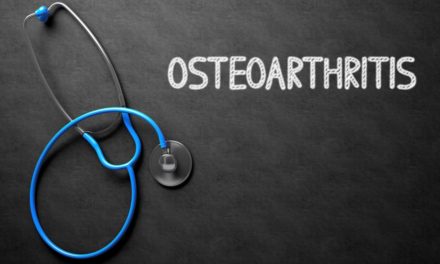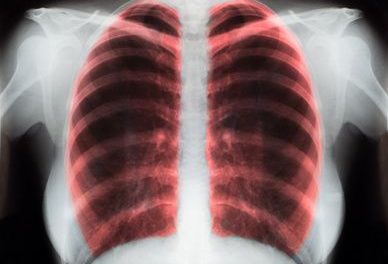This report is not presenting a way to treat asthma or its symptoms, but rather to address some of the core issues that may have led to the condition. Click here to for a video that will help you understand how natural health care works. Also, you can download a FREE report that has a lot of this information: What Everyone with Asthma Should Know
Click here for information about diagnosis and standard medical treatment
Think of this report as easy things that can help asthmatics. This is a good place to start, and has potential to give relief to asthma patients (please discuss with your physician). This is a general approach that can help most people, and if you ask your doctor, he or she may find that these ideas do not interfere with your current treatment. Diet is an especially potent way to get symptoms under control. There are other natural treatments, but those need to be tailored to the individual. Check out our practitioner listing if you wish to pursue natural health care further.
Inflammation
As with most chronic disease, inflammation is an issue. In fact, much of the drug therapy is designed to deal with inflammation. There are drugs that suppress the chemistry of inflammation, but you can also control inflammation with diet; research has shown that diet affects the severity of asthma symptoms. Download our free report: The Anti-Inflammation Diet.
Antioxidants and Oxidative Stress
A little bit of knowledge about oxidative stress, free radicals and antioxidants will help you to understand how nutrition can help patients with asthma. Click here to learn more. There are a number of studies that show antioxidants to reduce the symptoms of asthma:
Diet Rich in Vitamin E Lowers Risk of Asthma and Allergies
Antioxidants and Exercise Induced Asthma
Of course vegetables are an excellent source of antioxidants. Research supports the idea that eating more vegetables can reduce asthma symptoms In general, nutrition can be a valuable tool for bringing asthma under control. Nutrients other than antioxidants that have been shown by research to be useful for asthmatics include: omega-3 fatty acids, selenium, magnesium, CoQ10, and manganese. Similarly, junk food makes asthma worse.
Magnesium: Nature’s Muscle Relaxer
Magnesium may also help to open airways. Vegetables, as well as being full of antioxidants, contain magnesium. Asthmatics very often respond to magnesium supplementation. There are instances where IV magnesium has brought people out of severe asthma attacks.
Studies support the use of magnesium for people suffering with asthma: The Journal of Asthma; European Journal of Clinical Nutrition;
Omega-3 Fatty Acids
Good quality omega-3 fatty acids (like those found in fish oil or flax oil) can help to reduce inflammation.
Other research supports the use of omega-3 fatty acids for patients with asthma.
Other Treatments
At www.WholeHealthWeb.com, we try to focus on natural treatments that have research to back them. There are, however, treatments that may work, but there have not been a lot of studies performed. They still may be valid, as physicians have tried them and gotten results. Some examples of this include treating digestion, supporting the adrenal gland, allergy elimination diets, gluten sensitivity, detoxification and addressing chemical sensitivity.
Most practitioners of natural health care will tell you that correcting or improving any issue will have a positive effect on a chronic condition. If a person with asthma has digestive problems, for example, and they are addressed, generally the asthma will improve. Even if there is not a study to support the treatment, logic tells you that anything that improves general health will be of benefit.
Hands on Treatment
Talk to Your Doctor, Don’t Diagnose Yourself
All content found on the WholeHealthWeb.com website, including: text, images, audio, or other formats were created for informational purposes only. The Content is not intended to be a substitute for professional medical advice, diagnosis, or treatment.
Always seek the advice of your physician or other qualified health provider with any questions you may have regarding a medical condition. Never disregard professional medical advice or delay in seeking it because of something you have read on this website. Links to educational content not created by WholeHealthWeb.com are taken at your own risk.
We are not responsible for the claims of external websites and education companies.






